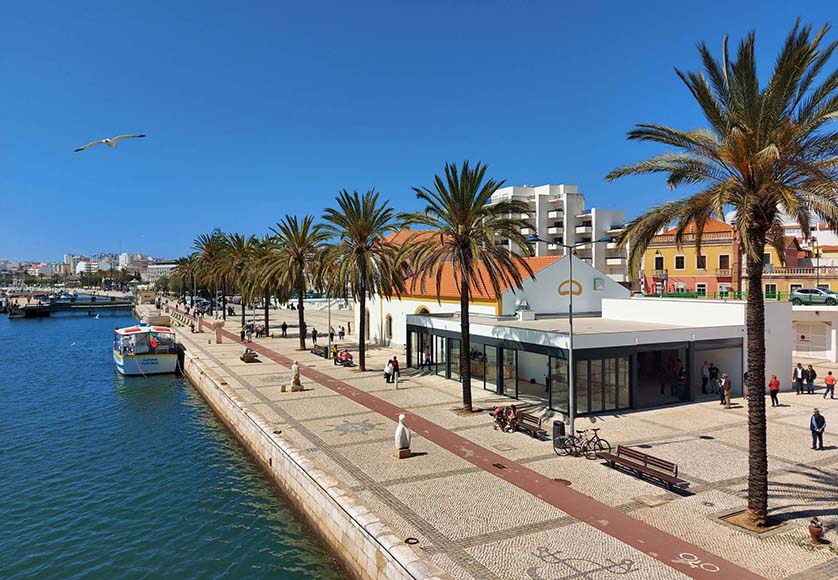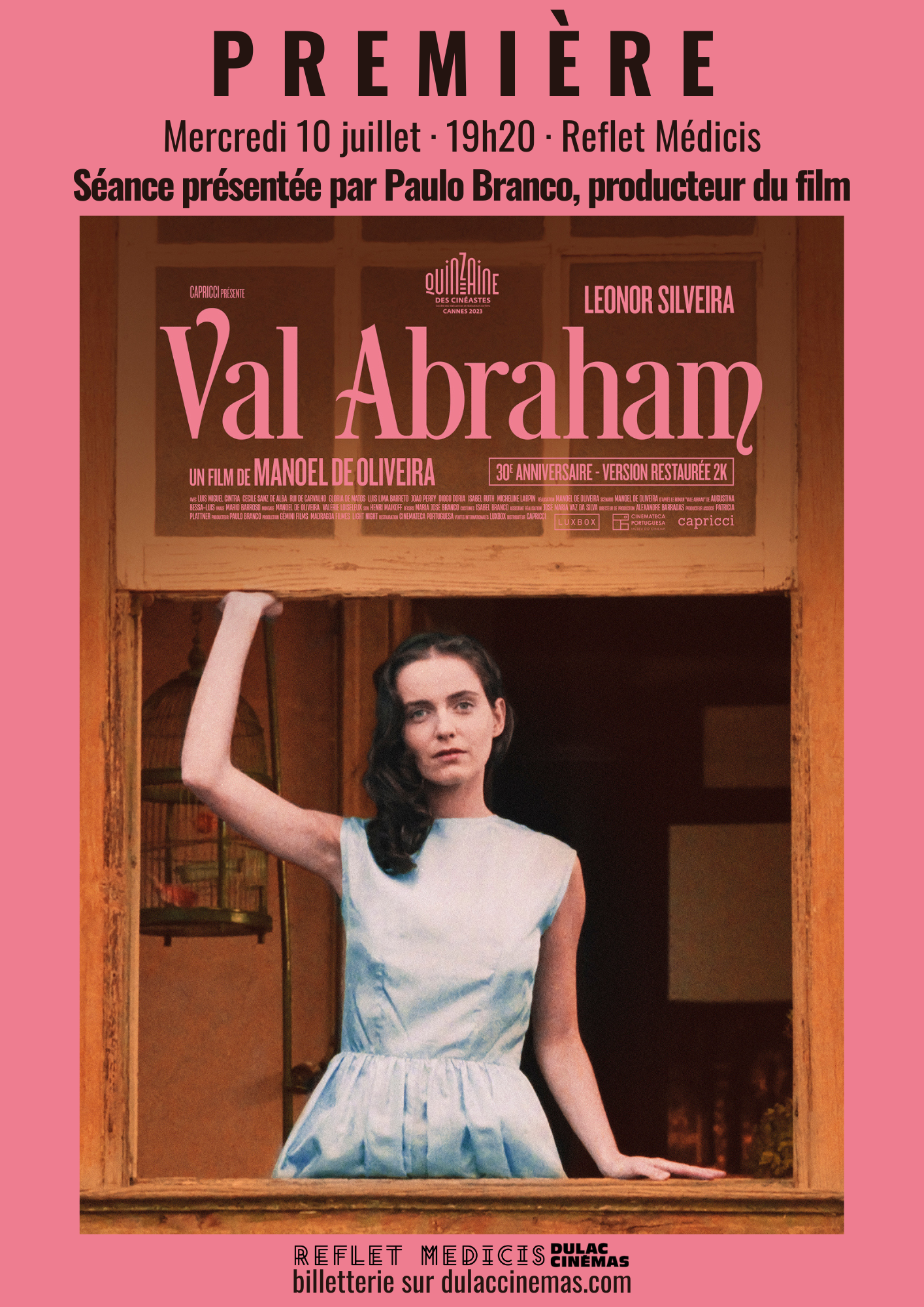
Portuguese cinema is on display at this 28th edition of Cinespaña with films and documentaries including one about Cape Verdean singer Cesaria Évora.
In Toulouse, Cesaria Evora came to sing several times in the early 2000s and even a little earlier. She was one of those rare artists, able to create a Zenith atmosphere, by transforming the pit into a huge dance floor. She loved seeing people standing and swaying in front of her as she undulated her body in appreciation.
Twelve years after the death of the woman who was called the barefoot singer, Portuguese director Ana Sofia Fonseca came to present her documentary “Cesaria Evora” at the Cinespaña Festival. A film full of music and sound that everyone listens to with pleasure and allows us to better understand the woman who made Cape Verde famous throughout the world. A country he still has great admiration for.
“I have a very strong connection with Cape Verde, and it is also the country of my children,” says Ana Sofia Fonseca. “I knew Cesaria’s story very well, and two days after his death, I was in São Vicente and I saw all the sadness in people’s eyes. They even felt like orphans. We had to make a film about this amazing woman. The project took at least five years to conduct interviews Collecting audio and video documents and producing a very successful documentary. The director adds: “It was very difficult to find the archives because they are scattered. But it had to be done because knowing the woman better allows us to better understand her poignant and rich voice, sad and comforting at the same time.” “A woman with a special sense of humor who put her freedom above all else and made Cape Verde known.”
The documentary allows us to see how Cesaria Evora went from poverty to glory after 40 years. The role was played by José da Silva, a Frenchman of Cape Verdean origin who became her producer and persuaded her to go sing in Paris, during a meeting in Lisbon in 1988. “Her house was open to everyone, but she was most happy to welcome French people into her house,” recalls Anna Sofía Fonseca. . “Thanks to France, which gave a lot of space to world music at the end of the 1980s, she was able to penetrate the international scene. France was her second country.”
In order to connect all the collected archives, the director shot landscapes and ceremonial scenes in Cape Verde where Cesaria Evora is always present. “She is still an icon today,” says Ana Sofia Fonseca. “She is respected like a queen. Many young women sing her songs, and a group called the Cesaria Evora Orchestra gives many concerts. An association led by her daughter organizes many events. The desire is to create a museum in his honour. Not something static but a place for life and music.”






